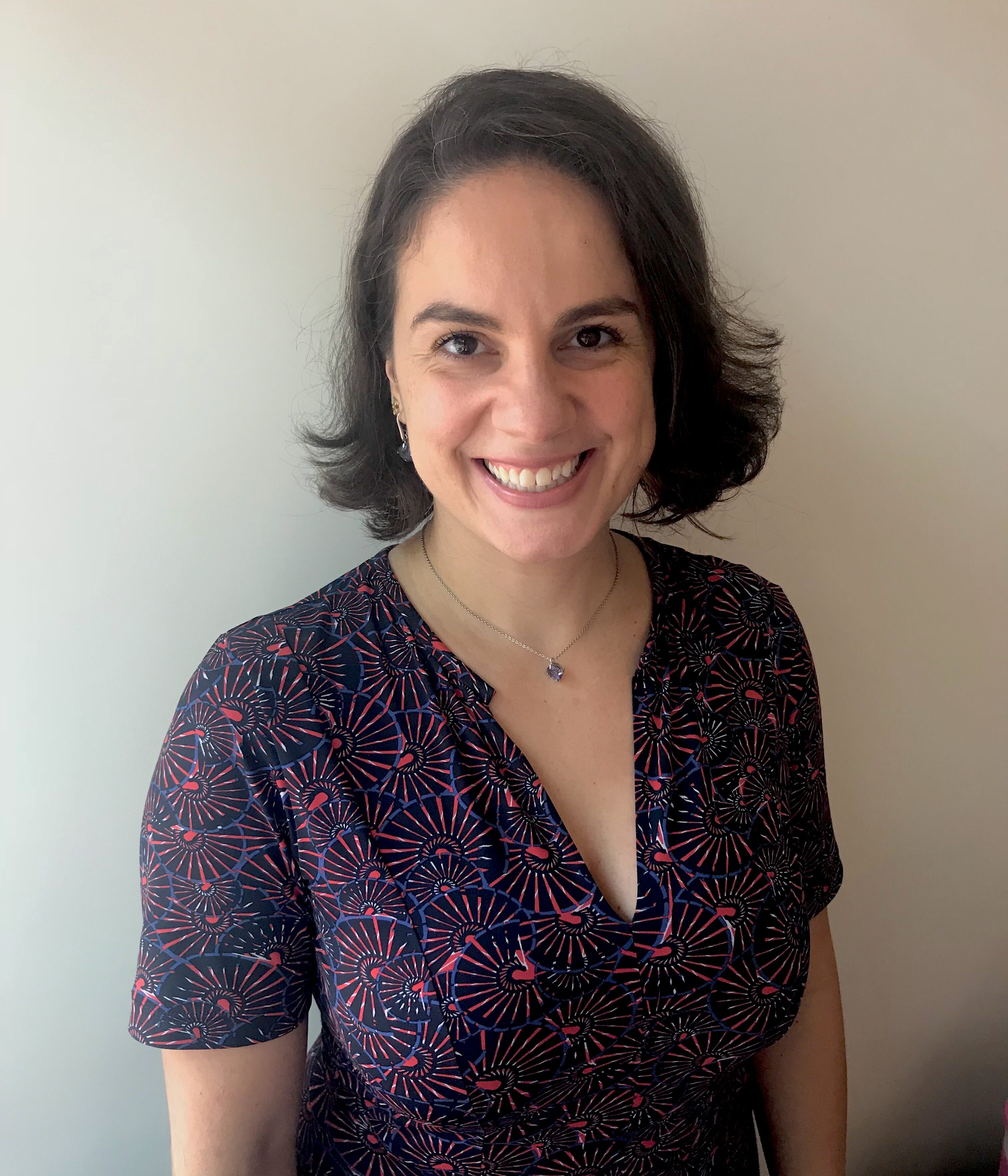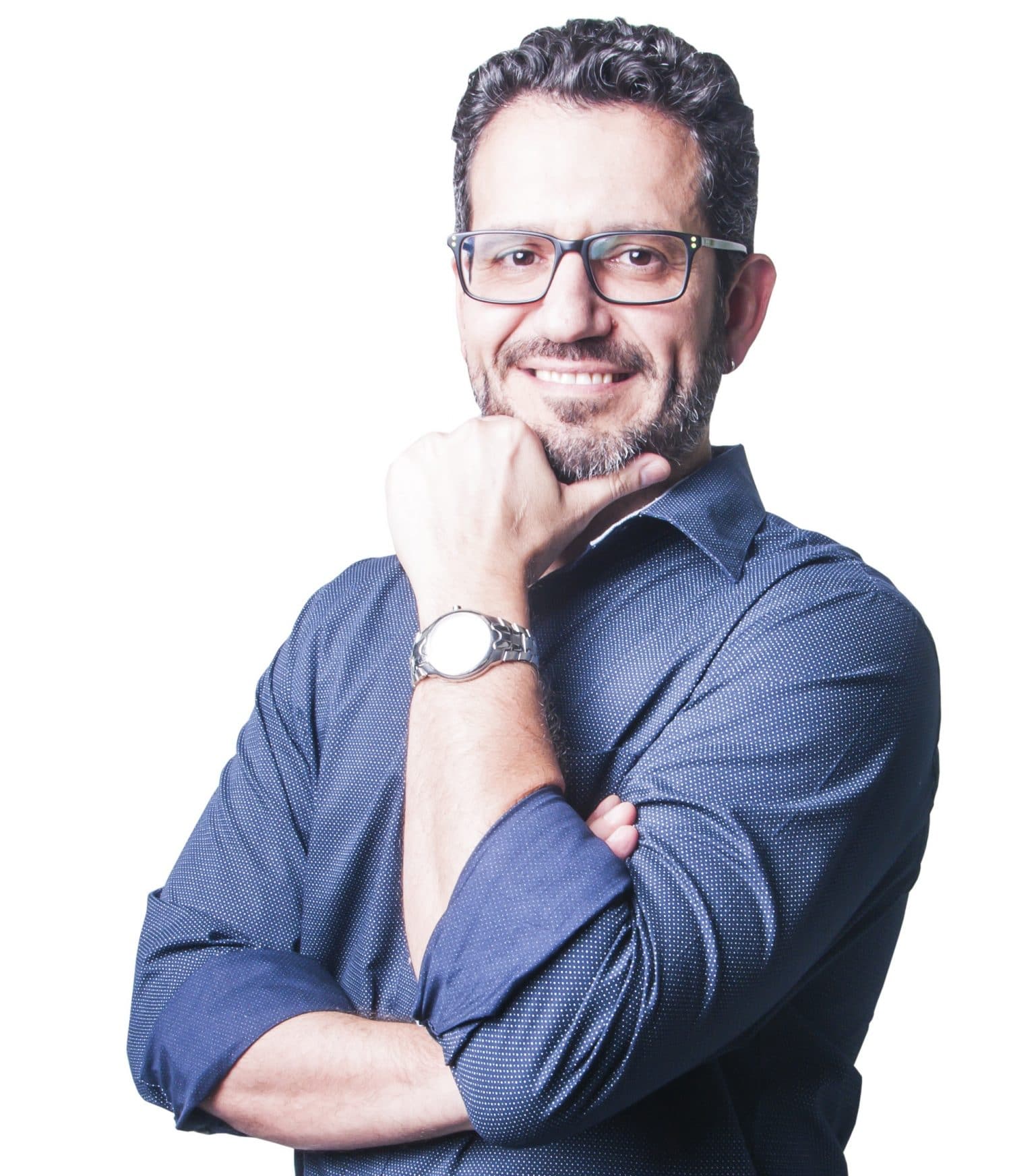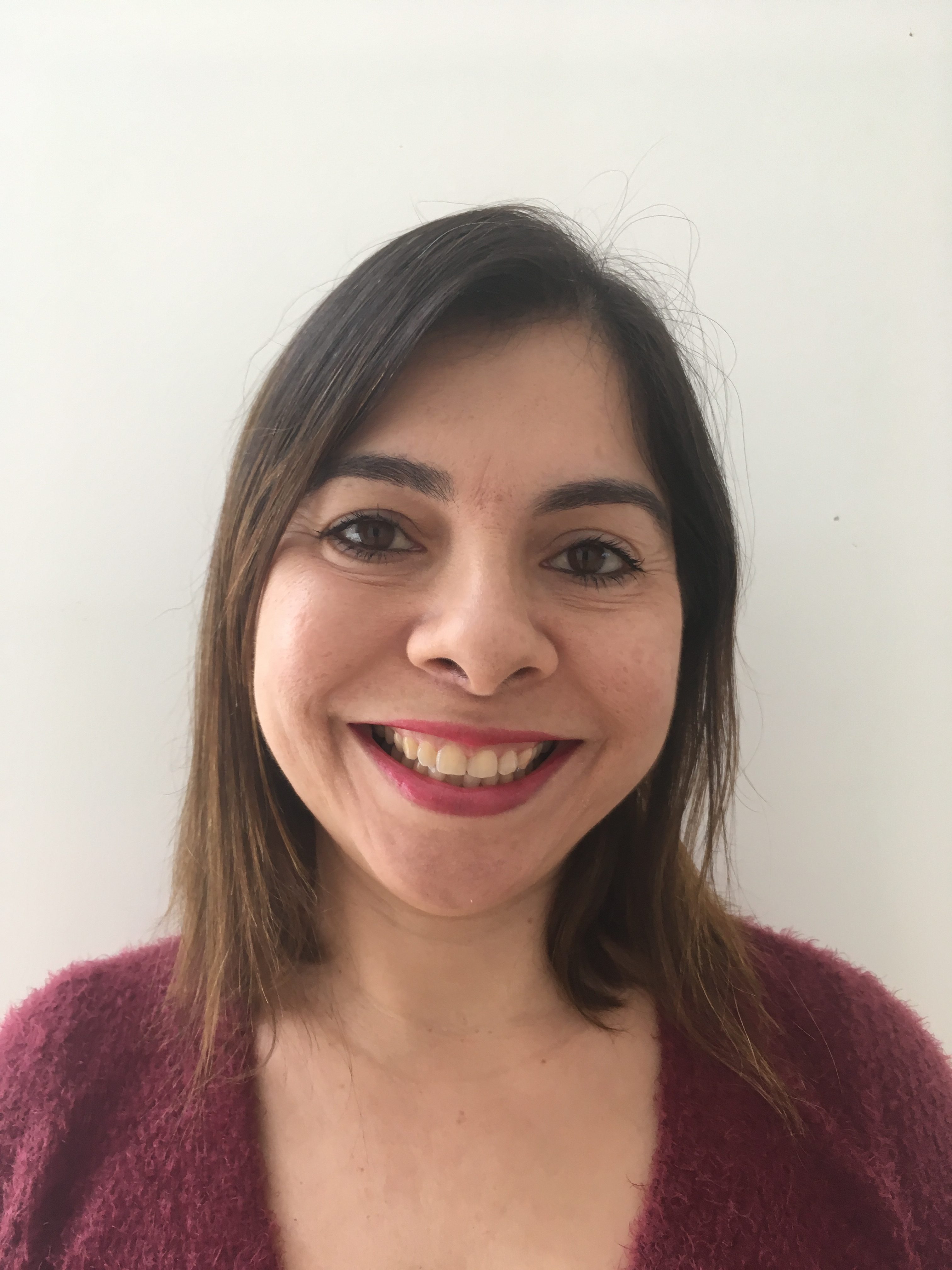The development of others
In this post I propose a discussion on how much emphasis we sometimes put on the teacher, trainers, book writers, speakers without discussing the impact on learners. For some reason we often rejoice in our achievements, which is great and definitely necessary to motivate us to reach higher. However, I still wonder when we will be able to collaborate towards quality education and real changes in the 21st century. Education for all learners in the various contexts we work in, development to the teachers that seek support and learning in courses, for instance.
It can be argued that the situation we currently face is a big conundrum: we can improve ourselves technically, linguistically and affectively to better deal with classroom situations and the diversity of learners, but how far can we be accountable for learners who are not enthusiastic about lessons and do not make efforts to improve? Also, if we claim we are not responsible, how relevant are teachers then? Researchers have examined the kind of learning that happens without teachers (check Sugata Mitra’s works, for instance) and medicine has studied the brain’s features related to learning (interesting literature review and relevant research can be found in Tokuhama-Spinosa, 2011). Overall, teachers are still seen as professionals capable of maximising learning opportunities through facilitation.
Having said that, it seems axiomatic that we improve ourselves to the benefit of others – learners in our classrooms or teachers in courses, sessions, or workshops (who, in turn, aim at getting better to give their learners improved chances to learn). In that sense, certain behaviours seem inappropriate in our field. Consider, for instance, how much importance we give to individuals or materials without questioning the impact that learning from our colleagues, from the books or using certain materials will have in our classrooms to our learners. There would be no professionals for us to admire if we do not have learners that look at us with respect, recognising the success of learning assisted by teachers, acknowledging they are learning more because we have improved what we do.
In teacher development the same rule seems to apply: trainers bringing positive change to teachers they work with, to their lessons, and consequently to their learners. From that perspective, the educational context would be in constant change, together with the language and the world we work in. Especially because teacher educators would be inspiring and provoking changes that would probably make the teachers they work with better than they are themselves, affecting the educational scenario overall.
That way, the advances in technology aligned with the competencies that are currently relevant to teachers would cause the lessons to be more meaningful and effective to the learners we have today. That cannot happen if we stick to the same techniques, materials and beliefs, regardless of changes in society and the world. And that is only possible if we all believe that we need to keep studying and developing to be better at what we do, but others – learners or teachers – are not necessarily the same we were when we started and can therefore reach higher than we have achieved.
That is a simplistic view of innovation in education, I am aware of that, but I hope it brings about deeper discussions that can lead us further to the benefit of our learners and the teachers of the future. What do you think?
Sugata Mitra’s project: https://www.theschoolinthecloud.org/people/sugata-mitra/
Tokuhama-Espinosa, T. (2011) Mind, Brain and Education Science: A comprehensive guide to the new brain-based teaching. New York: W. W. Norton & Company.





